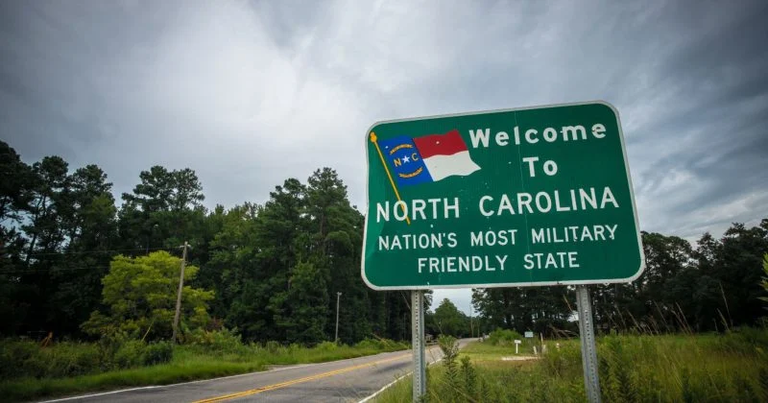North Carolina lawmakers have introduced a new bill, known as the "State Bitcoin Reserve and Investment Act" (SB327), which aims to allocate up to 10% of the state's general fund to invest in Bitcoin (BTC), as part of a long-term fiscal strategy.
According to data from the State Comptroller's Office, the state's general fund stood at $9.5 billion as of March 14.
Under the proposed cap, $950 million of this money could be allocated to purchasing Bitcoin, representing an unprecedented investment by a US state government in digital assets.
Investment Mechanisms and Security Procedures:
If the legislation passes, the reserve would be managed by the state treasurer, with the ability to store and lend Bitcoin for financial returns.
The assets would be held in cold storage wallets with multi-signature authentication, with monthly audits to ensure security and transparency.
Bitcoin purchases will also be restricted to regulated US exchanges, with the possibility of exploring Bitcoin mining to bolster holdings.
Any disposition of the reserve requires two-thirds approval from both houses of the General Assembly, and it will only be used in situations such as financial crises, infrastructure funding, supporting Bitcoin research and education, or guaranteeing public bonds.
A Bitcoin Economic Advisory Council will also be established to provide ongoing recommendations on reserve management.
SB327 is the state's second legislative proposal regarding public investment in digital assets.
Previously, the "North Carolina Digital Asset Investments Act" (HB92) was introduced, allowing the Treasurer to invest 10% of public funds in digital assets with a market capitalization of at least $750 billion.
HB92 passed its first reading on February 12 and was referred to the Pension and Retirement Commission for review.
The bill seeks to strengthen North Carolina's position as a leader in cryptocurrency adoption, potentially encouraging more institutional investment in Bitcoin and fostering financial innovation within the state.
